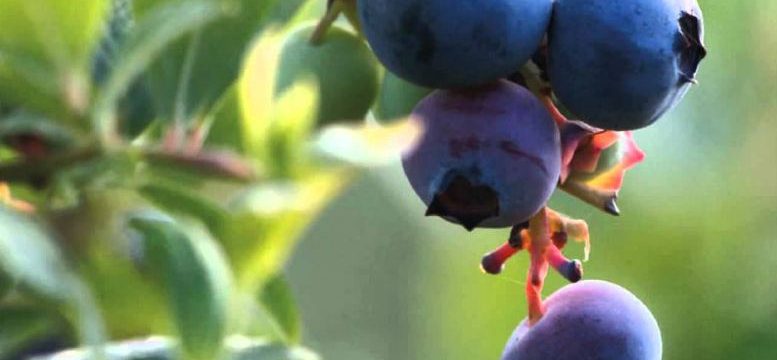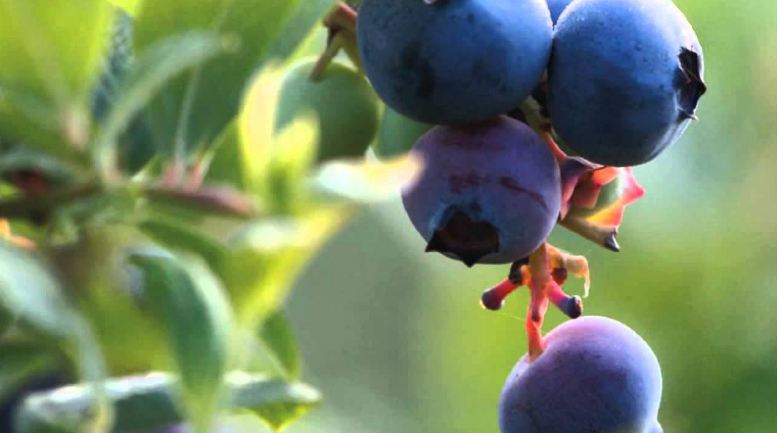

Amelia Freidline
Want healthy gums? Eat your blueberries?
A natural compound in blueberries could help fight bacteria that leads to periodontal disease, according to a study from Universite Laval in Quebec.
A team of four scientists from the Institute of Nutrition and Functional Foods at l’Université Laval in Quebec, Canada, has shown that wild blueberry extract can help prevent the formation of dental plaque, and their report could lead to a new natural therapy for periodontal disease.
The study, published in the BMC of Complementary and Alternative Medicine, said proanthocyandins in frozen highbush blueberries were isolated and tested to see the effect on bacteria growth, according to a news release from the U.S. Highbush Blueberry Council.
Proanthocyandin concentrations of 500 to 3.9 ug/ml significantly reduced bacteria’s formation, according to the study, also causing damage to the membranes of bacterial cells.
The compound also helped protect white blood cells important to the immune system and blocked molecular pathways involved in inflammation, which contributes to gum disease, according to the release.
According to a 2012 study from the Centers for Disease Control and Prevention, an astounding one out of every two American adults aged 30+ has periodontal disease. Periodontitis occurs when bacteria form biofilms or plaques on teeth, and the gums become inflamed. If left untreated, periodontal disease can lead to tooth loss. But even more alarming, research has also shown that periodontal disease is associated with chronic inflammatory diseases, such as diabetes and cardiovascular disease.
A new study published in the Journal of Agricultural and Food Chemistry suggests that the polyphenols in these powerful little berries can help fight gum disease too.
The study concluded that more research is needed on blueberries’ benefits to oral health, but it adds to existing research on the fruit’s antibacterial and anti-inflammatory qualities, according to the release. The U.S. Highbush Blueberry Council, Folsom, Calif., financially supported the research.
